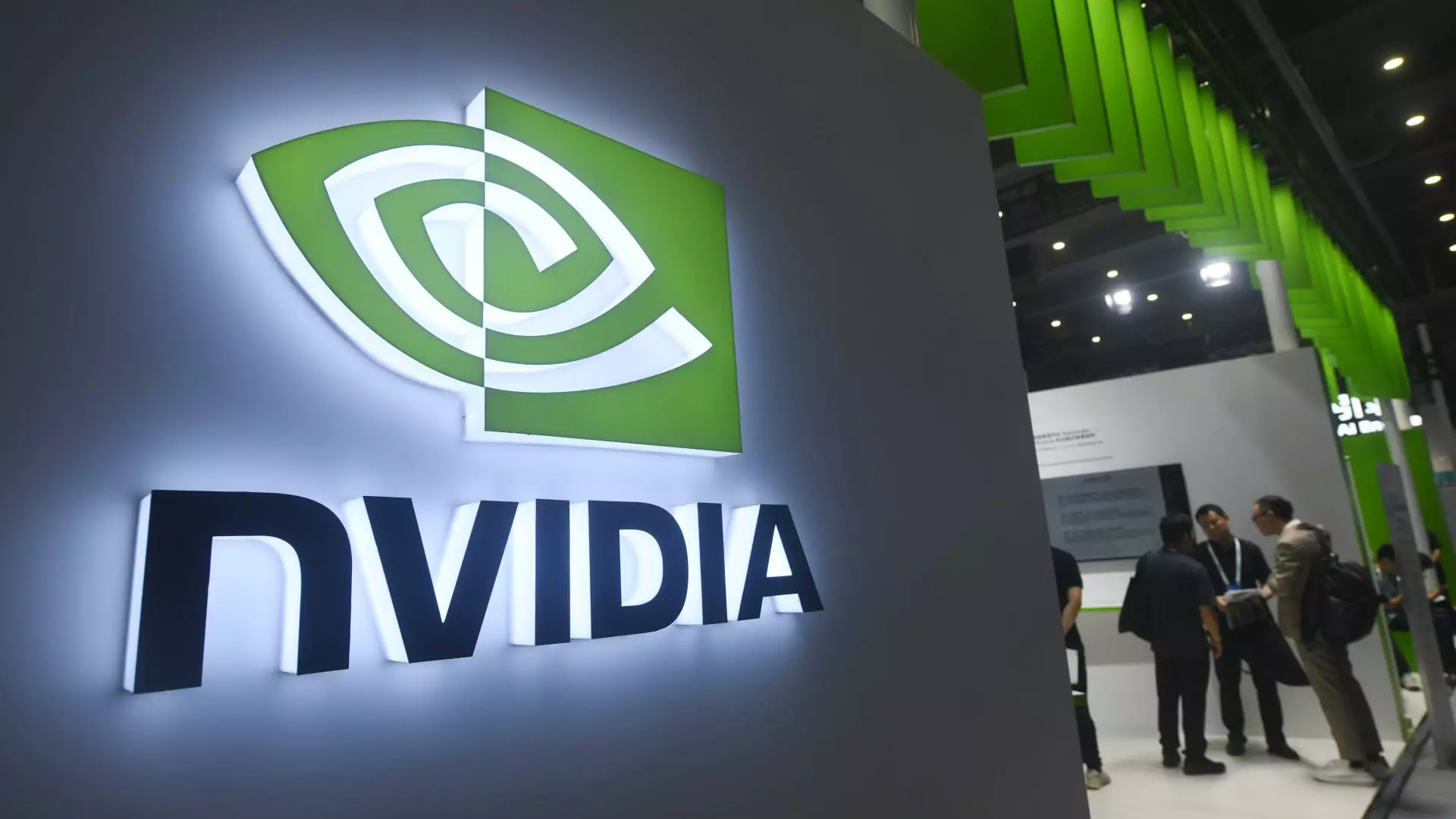The healthcare sector is undergoing a transformative shift, spearheaded by technological giants like Nvidia, Google, and Microsoft. As professionals from these companies gather in Las Vegas for the HLTH conference, the spotlight will be on artificial intelligence (AI) tools designed to alleviate the burdens faced by healthcare practitioners. With over 12,000 industry leaders expected to participate, the emphasis will be on demonstrating how these advanced tools can optimize administrative tasks, ultimately allowing healthcare professionals to dedicate more time to patient care.
Healthcare professionals are increasingly overwhelmed by the administrative tasks that consume a significant portion of their work hours. A study highlighted during the lead-up to HLTH indicates that clinicians spend nearly 28 hours a week on administrative responsibilities. Tasks such as managing patient records, communicating with insurance providers, and complying with various regulations take precedence over direct patient interaction. This situation not only leads to dissatisfaction and burnout among healthcare workers but has also contributed to a projected shortage of 100,000 workers in the sector by 2028, according to Mercer consulting.
The disjointed nature of health data—often siloed across various platforms and formats—compounds these challenges, making it clear why innovative solutions are critical. The consensus among the stakeholders at the HLTH conference is that AI can play a vital role in streamlining these mundane yet crucial processes.
As the conference unfolds, attendees will witness a variety of innovative AI tools crafted to tackle these significant challenges. Google’s recent announcement regarding the general availability of Vertex AI Search for Healthcare is particularly noteworthy. This tool allows developers to create applications that enable healthcare providers to swiftly access information from disparate medical records, thereby reducing time spent on clerical tasks.
Accompanying this is Google’s Healthcare Data Engine, which offers organizations the ability to build robust platforms to support generative AI. Such initiatives indicate a grounded approach to addressing the inefficiencies prevalent in the healthcare documentation process. The results of a survey conducted by Google reveal that a staggering 91% of clinicians view AI positively as a means to streamline their workload, emphasizing the urgency and need for such innovations.
Microsoft, too, has unveiled its suite of tools targeting clinicians’ administrative duties. Following its acquisition of Nuance Communications—known for its AI-driven DAX Copilot—Microsoft aims to introduce a new documentation solution tailored specifically for nurses, recognizing the distinct workflows these professionals engage in. The push for AI-supported documentation has become a focal point as the popularity of these technologies surges across the industry.
The advent of AI scribe tools marks a significant development in the healthcare arena. Platforms like DAX Copilot exemplify how such technology can transcribe physician-patient interactions into clinical notes, allowing doctors to focus more on their patients rather than on paperwork. This trend reflects a broader acknowledgment within the healthcare community about the efficiency that AI can introduce to traditionally laborious processes.
Other players in this burgeoning sector, such as Abridge and Suki, have also made headlines by raising substantial investments to refine their AI documentation tools. Dr. Shiv Rao, CEO of Abridge, pointed out the unprecedented pace at which healthcare practitioners are adopting these new solutions, suggesting that we are on the brink of an era defined by AI-driven healthcare practices.
Nvidia has emerged as a significant contributor to this paradigm shift. The company’s vice president of healthcare, Kimberly Powell, will be delivering a keynote speech discussing how generative AI can enhance the efficiency of healthcare professionals. Nvidia’s GPUs are essential in fueling AI technologies, including OpenAI’s ChatGPT, underscoring its pivotal role in the AI revolution.
With Nvidia shares witnessing a remarkable rise—over 150% within a year—the company is keen to further expand its influence within the healthcare sector. Its ongoing collaborations with firms like Johnson & Johnson and GE HealthCare exemplify a commitment to fostering partnerships that can enhance the capabilities of healthcare technology.
As the HLTH conference progresses, the excitement surrounding AI applications in healthcare is palpable. Despite the historical slow adoption of technology in this domain, the recent advancements and enthusiasm for AI tools provide a glimmer of hope. By significantly reducing administrative burdens, these technologies can not only improve workflow efficiency but also enhance the overall quality of patient care. The potential of AI in healthcare has reached a critical juncture, presenting practitioners with opportunities to alleviate some of the most pressing challenges in their professions.

